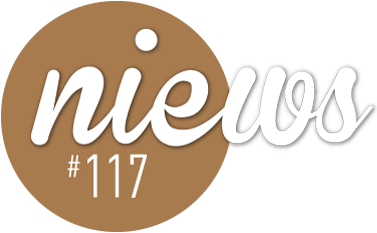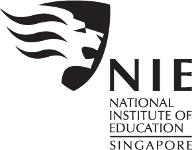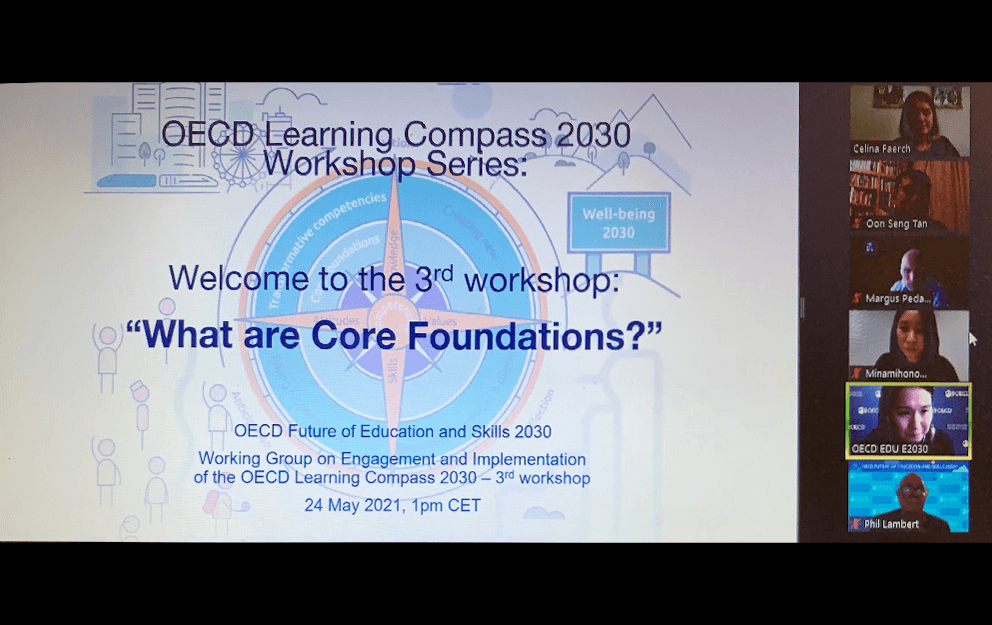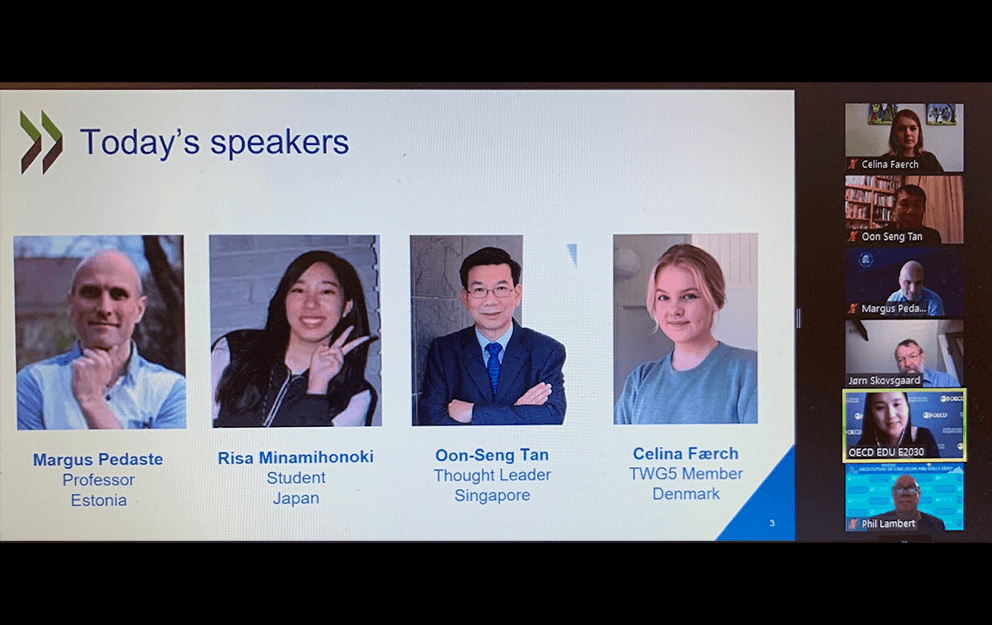The Organisation for Economic Co-operation and Development (OECD) Learning Compass 2030 is a learning framework that sets out an aspirational vision for the future of education. It defines the knowledge, skills, attitudes and values that learners need to fulfil their potential and contribute to the well-being of their communities and the planet.
On 24 May 2021, experts and students were brought together at the OECD Learning Compass 2030 Workshop on Core Foundations. The discussion agenda was focused on the concept of ‘student agency’, which is rooted in the principle that students have the ability and the will to positively influence their own lives and the world around them.
The speakers at the session included Ms Miho Taguma, Senior Analyst of OECD, who provided participants with an overview of the Learning Compass; as well as Professor Margus Pedaste from the University of Tartu in Estonia, who shared about cognitive foundations using illustrations from curriculum and assessment methods in Estonia.
Professor Tan Oon Seng, Director of the Centre of Research in Child Development (CRCD), was invited as a thought-leader of OECD to share his views on social emotional foundations. He highlighted the importance of core values (such as respect, responsibility, integrity, resilience, care and harmony) and how Social and Emotional Learning (SEL) was able to actualise these values. He advocated that SEL has to be both ‘caught’ and ‘taught’ through immersion in school environments, where there is role-modelling, positive relationships, and holistic coherence and alignment. He also encouraged the need for student voices in contributing ideas to champion activities and projects.
Ms Celina Færch, a student from Denmark studying at The University of Hong Kong, was the workshop moderator; while Ms Risa Minamihonoki, a student from Japan, spoke on student health challenges.
The online workshop was attended by international participants from various OECD countries.

